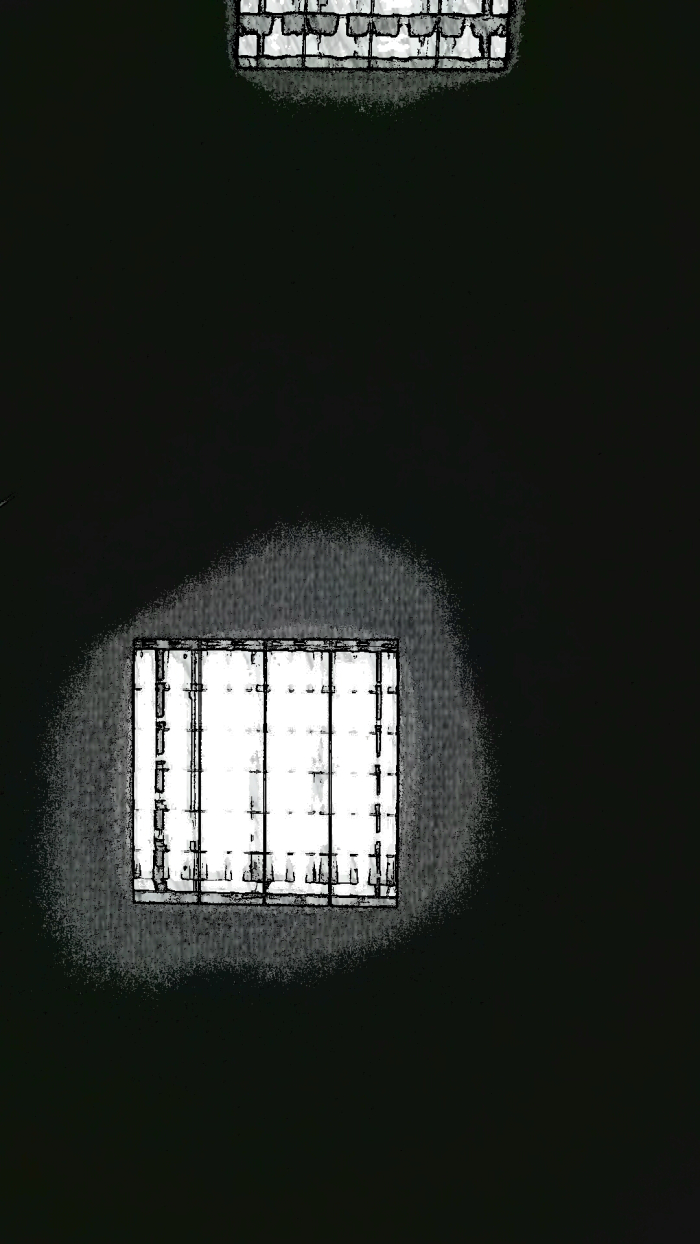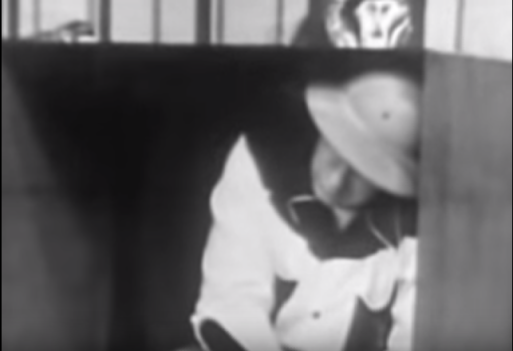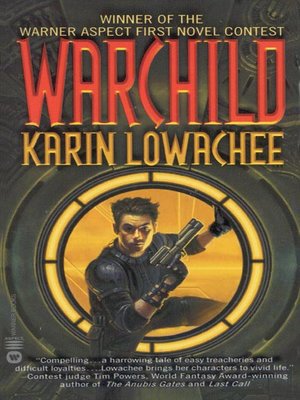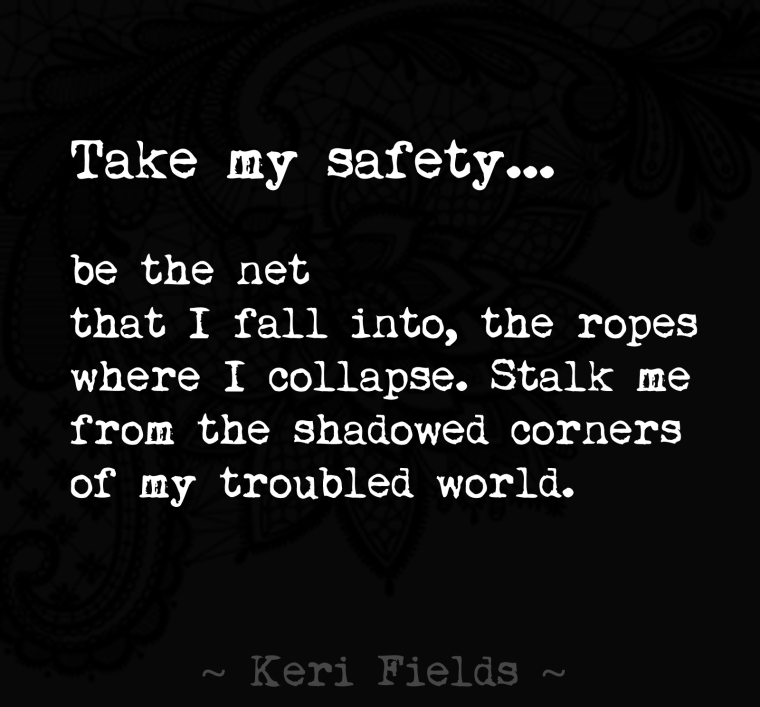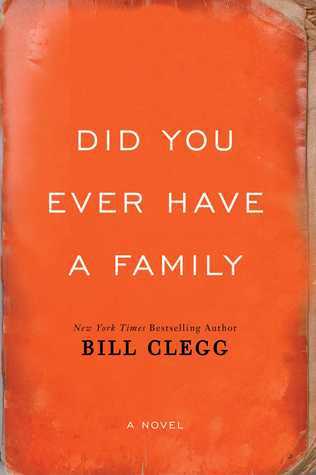 Image (c) goodreads.com
Image (c) goodreads.com
Did You Ever Have a Family takes its name from Shapiro’s opening lines in Song and Dance (thank you, acknowledgements) and works in the vein of these literary family dramas that are all the rage these days (although I’m sure people have been doing it forever, since families have certainly been falling apart forever). It was longlisted for the Man Booker (2015) and while I’m inevitably behind on catching up with all the prizewinning books of the world, I was happy to be surprised by this one.
I went into it expecting one of those tight-strung, psychologically-loaded, the-truth-comes-out-and-all-crumbles dysfunctional criminal family dramas (many of which I must say I’ve vicariously enjoyed; hey, it’s always good to know other people are unhappy) but in that, I was surprised. Clegg takes a different tack, and this novel has very little drama, despite its fair share of crises and criminality. What quietly unfolds instead are the stories – some, tragedies – of several families, broken, breaking, recovering, and successful.
The central story which ties the characters together is the tragic occurrence on the morning of June Reid’s (well-to-do New Yorker) daughter’s wedding, in the small town of Wells. It’s not a spoiler because the dustjacket spills it in your face: a fire that pretty much consumes her whole family, her boyfriend, her daughter, her daughter’s fiancé. The book deals with the aftermath, seemingly unconnected or sparsely connected characters are brought in to provide their take on what could arguably be one of the central issues of the book (well, it is in the title) – family. Not to point out the obvious of course, but it should be noted that Clegg represents families of various makes, in various states across the emotional spectrum – and not all unhappy.
Can you imagine watching everyone you love just disappear? Have you ever heard of such a thing?
Many of the chapters (headlined by the characters who are narrating) are in present continuous (I really hope I’m not mixing tenses here – a particularly weak grammar point of mine) which I noticed, for some reason; I’m guessing I don’t ordinarily read novels which use that but it could just be that everyone’s been using it a lot nowadays and I’m missing out. It did seem somewhat intuitive to me, but who knows why, really; novels are strange things. What’s more interesting than my grammar-related self-debates are that the characters primarily involved in the tragedy (June herself, her much-younger boyfriend Luke’s mother Lydia, also) narrate from a third-person point of view, while the peripheral characters tell theirs from a first-person point of view. (Oh wait I just realised that’s also grammar related. Sorry.) And while this is technically engaging, it’s somewhat problematic.
Perhaps Clegg’s biggest issue (I don’t want to call it an out and out ‘problem’) is he often relies heavily on telling, rather than showing. While show, don’t tell is writing 101 I don’t really feel there are any rules to writing, so I feel I can give this both an argument and a de-argument (it’s not been a great grammar day for me, okay?); I found the book honest in its capacity to be so, despite the telling (when showing can be more effective), and successful in its ability to allow readers to empathise. Because, wow, do people mess up, but ultimately regret is something we’ve all had to swallow and Clegg makes it very easy for us to feel that his characters genuinely repent, they are sorry, and in that, they are, like most of us (I hope), very human. While I’m not sure arousing empathy is a feat of excellence when you start at Tragedy Point A, it’s difficult to ignore the fact that Clegg deals primarily with post-tragedy. And because there is no telling, it is difficult to imagine the characters before the fire. Lydia recalls (in a more ‘telling’ mode) scenes of her son laughing with June, of her friendly relationship with June – but these characters are sketched in such a way that it’s difficult to imagine that kind of dimension to them. June and Lydia specifically are painted in such drab, world-weary colours that it’s hard to picture them as happy and laughing.
Of course people are and can be both overjoyed and mournful, but Clegg never shows the first, so it requires an act of imagination on the reader’s part.
I think, more than the writing or the characterisation is the technical crafting of this novel that I find interesting, and maybe even innovative. Most of the characters who get to have their say have somewhat strange connections to June – her daughter Lolly’s (okay, also, is that a real name that people give their real kids?!) wedding-cake baker’s son, her future (and never to be) son-in-law’s father. Strange connections to Lydia as well – a one-time lover, a kid who worked for her son. Well, actually, some of the connections don’t really seem strange, they seem sensible, but most of the characters spend a lot of time talking about their own families. And it is all pulled together in the end (although it’s a weak mystery, really) but it reads almost a little like a book of short stories with a few connecting threads running through. I did find it an interesting approach, to recruit peripheral characters for a tragedy like this, and see how they approach June and Lydia’s personal predicaments, and how they define their own families.
To be honest, I almost didn’t want the characters to intersect, reading snippets was comfortable. And I felt the ‘mystery’ subplot, if intended to be so, was too weak to really even be considered one. I honestly would’ve preferred the book without it, but I suppose it might have left other people frustrated.
There is nothing particularly exemplary about Clegg’s writing style, it’s normal narrative, and I suppose you could say there’s nothing particularly exemplary about this book (I leave that to you). Personally, I felt that I was able to appreciate it for what it was at this point in time (maybe I woudn’t have thought much of it had I read it earlier or later) – truthful, full of regret and a strong desire to correct past errors, and ultimately, a turbulent road to something of a recovery. I don’t consider it exemplary, but if a quiet, sometimes-stirring and technically textured novel appeals to you – go on. It’s certainly not a fast-paced giant, but sometimes slow fits my mood. When June asks the pivotal question – did you ever have a family? – it’s a deep moment of reflection, I think, and a question that, while the book may not quite be able to measure up to, it does its best to quantify. But ultimately, it’s probably a question best reserved for a personal 1000-word essay. And, well, if you’re the kind of person who likes to take life lessons from books, you’ll definitely find yourself learning that the accumulation of error and regret is a heavy burden to bear. (Well, now that I’ve told you the lesson you may not have much incentive to read it…)
All in all, this was an above average read for me, but I do think it’s very subjective – what literature isn’t? (Also I’m a bit scared to trash Booker nominees…does the Booker committee mascot come after you or something? Although of course they wouldn’t bother with a lowly poorly-updated blog.) It’s not Gone Girl, but it’s insightful and reflective enough (if not exemplary enough) to be worth someone’s time.
…we’ve learned that grief can sometimes get loud, and when it does, we try not to speak over it.
PS, I got this up even though my laptop is away for repairs! Am I finally sticking to a schedule? I’m scared to answer that.
All quotes attributed to the respective work.
Advertisements Share this:

